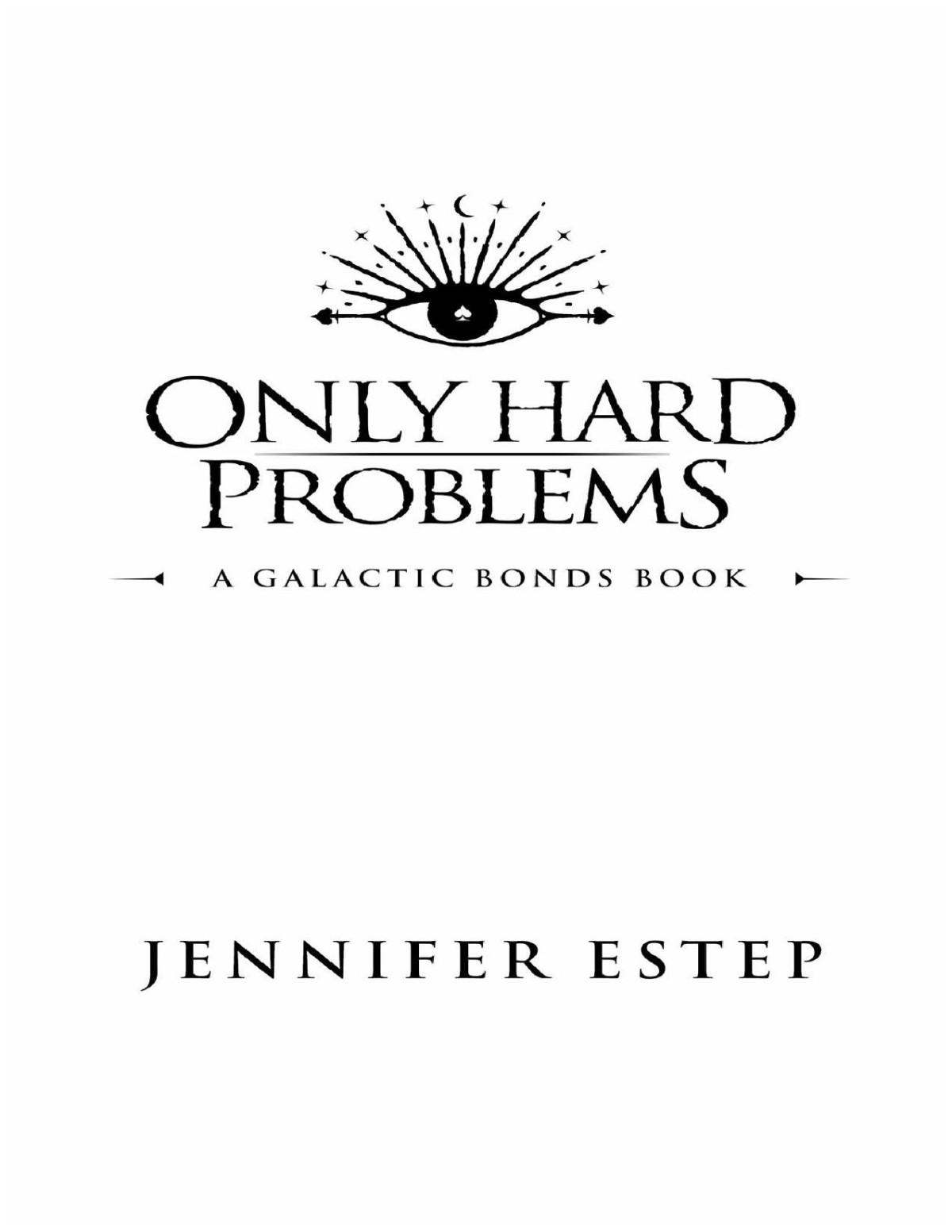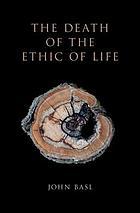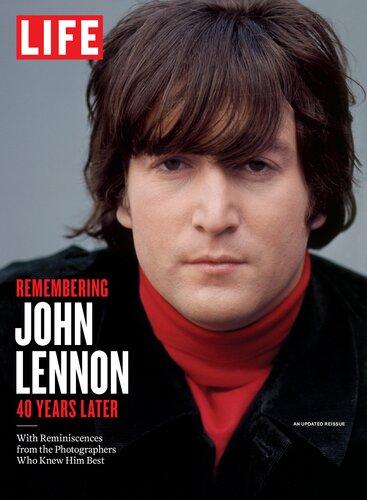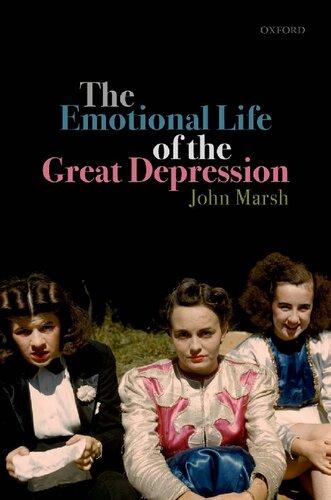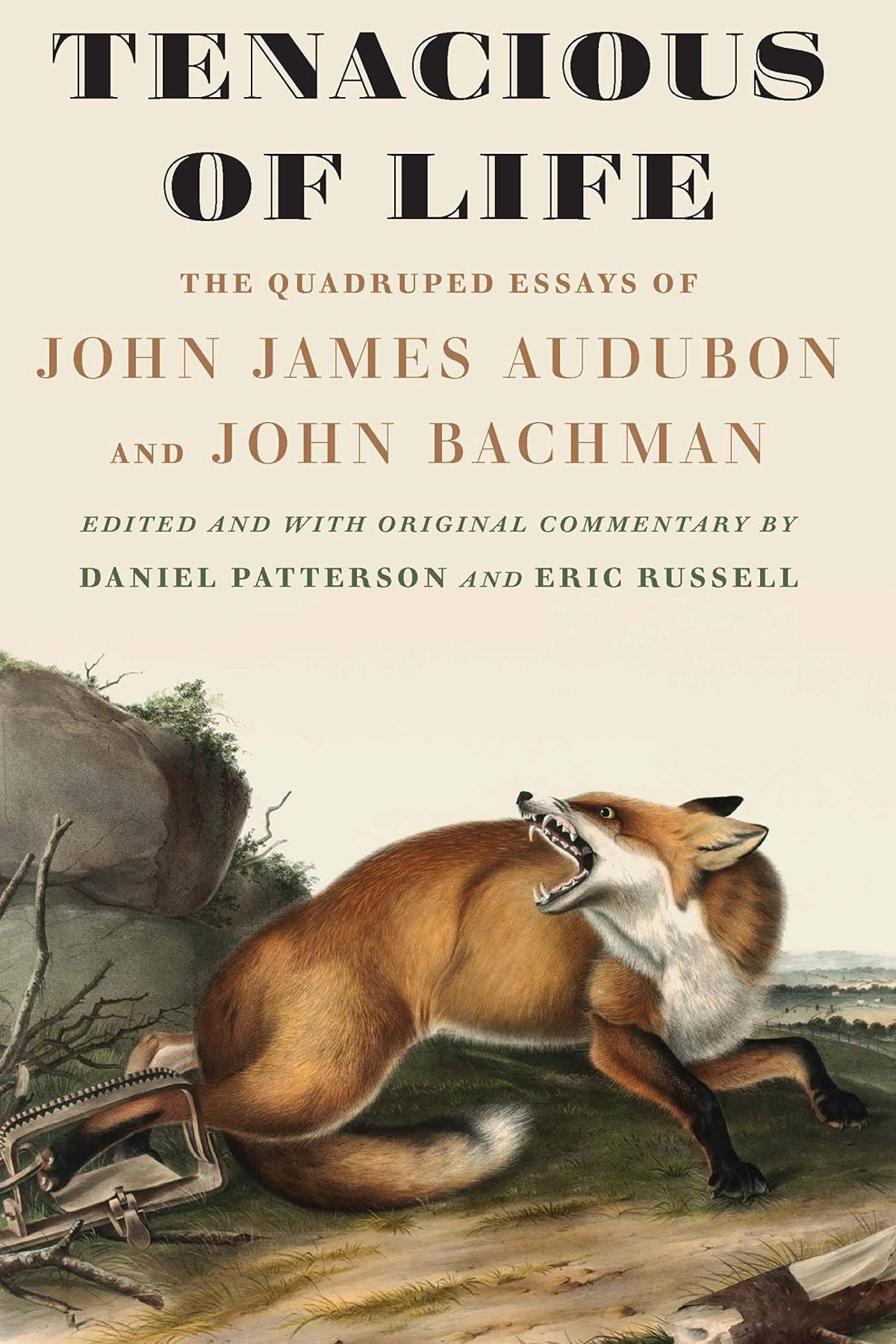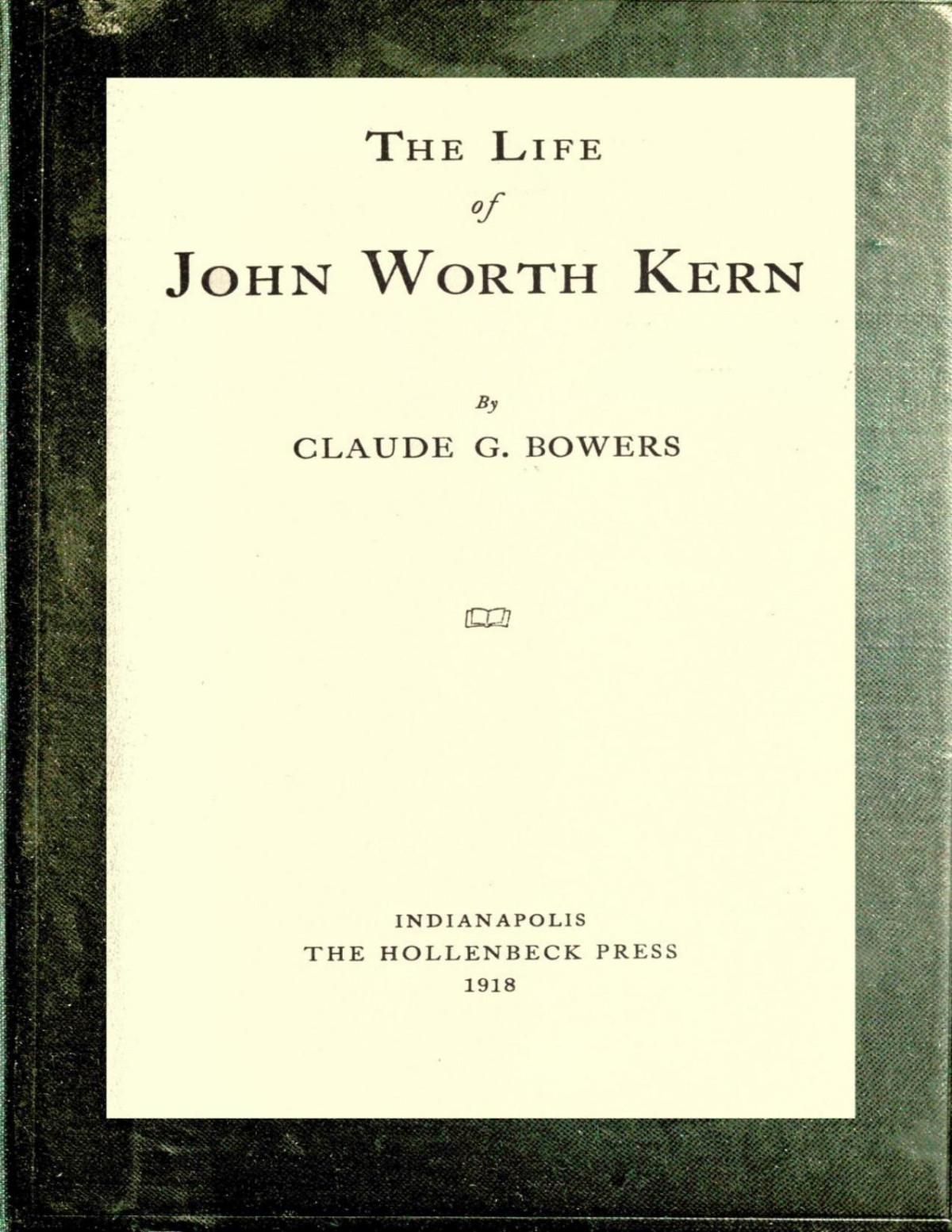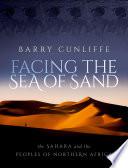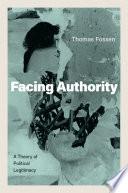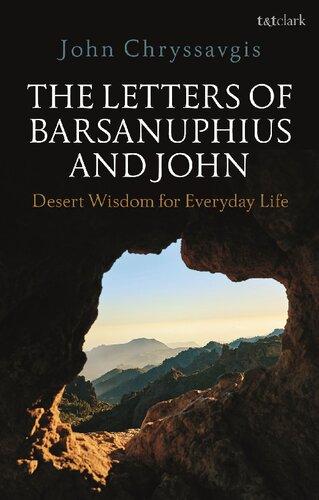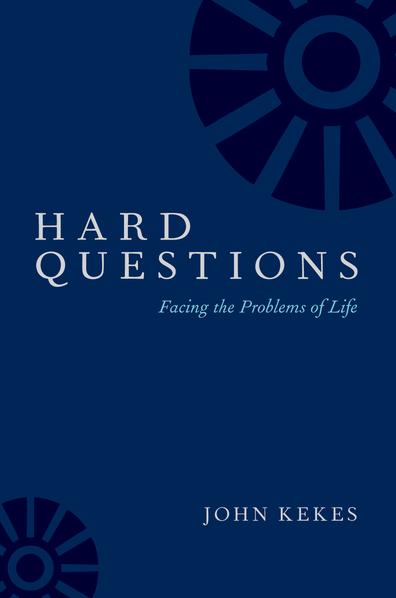HARD QUESTIONS
Facing the Problems of Life
John Kekes
Oxford University Press is a department of the University of Oxford. It furthers the University’s objective of excellence in research, scholarship, and education by publishing worldwide. Oxford is a registered trade mark of Oxford University Press in the UK and certain other countries.
Published in the United States of America by Oxford University Press 198 Madison Avenue, New York, NY 10016, United States of America.
© Oxford University Press 2019
All rights reserved. No part of this publication may be reproduced, stored in a retrieval system, or transmitted, in any form or by any means, without the prior permission in writing of Oxford University Press, or as expressly permitted by law, by license, or under terms agreed with the appropriate reproduction rights organization. Inquiries concerning reproduction outside the scope of the above should be sent to the Rights Department, Oxford University Press, at the address above.
You must not circulate this work in any other form and you must impose this same condition on any acquirer.
Library of Congress Cataloging-in-Publication Data
Names: Kekes, John, author.
Title: Hard questions : facing the problems of life / John Kekes.
Description: New York, NY : Oxford University Press, [2019] | Includes bibliographical references and index.
Identifiers: LCCN 2018026322 (print) | LCCN 2018040088 (ebook) | ISBN 9780190919993 (updf) | ISBN 9780190920005 (epub) | ISBN 9780190920012 (online content) | ISBN 9780190919986 (cloth : alk. paper)
Subjects: LCSH: Conduct of life. | Life.
Classification: LCC BJ1521 (ebook) | LCC BJ1521 .K38 2019 (print) | DDC 170—dc23
LC record available at https://lccn.loc.gov/2018026322
1 3 5 7 9 8 6 4 2
Printed by LSC Communications, United States of America
ACKNOWLEDGMENTS
I gratefully acknowledge the comments and suggestions of two anonymous readers commissioned by Oxford University Press. Lucy Randall and Hannah Doyle, both editors at Oxford, were exceptionally helpful in making the manuscript into a book. I am grateful for their good advice, efficiency, and ready availability during the process of transforming the manuscript into a book, and for their understanding and sympathy for the aim of this book to reach reflective people who are interested in the hard questions I discuss.
Ann Hartle, Paul Hollander, Jean Kekes, and Leo Zaibert have read and helpfully commented on chapters of the book. The book is the better for it. They took time away from their own work to help me do mine. I am grateful for their help.
In each chapter of the book I draw on anthropological, historical, or literary works that reconstruct the struggles of people with the hard questions I discuss. I acknowledge these works at the appropriate places. But I express here my appreciation for the wonderful imaginative work done by the authors who made vivid how people very from different us, who lived in contexts very different
from ours, faced the hard questions we also face. We can learn from their experiments in living how we can conduct our own experiments better as we face the hard questions in our context. It is for this that we should be grateful to them.
I dedicate this book to my wife, Jean Y. Kekes, in gratitude for everything in years past, present, and with luck, in years to come.
A NOTE TO THE READER
The hard questions I discuss in this book are connected, in one way or another, with how we have reason to live now in our present conditions. The questions are hard because they arise from our nature and conditions. If we struggle with giving reasonable answers to them, we realize that we have to make difficult choices between conflicting possibilities we have reason to value. This book is intended as a contribution to a deeper understanding of the hard questions and of the reasons for and against possible answers to them. Such understanding is a matter of interest to all of us who stand back from time to time and reflect on the hard questions we face, the difficult choices we have to make, and the answers we give.
This kind of reflection is philosophical. I have deliberately chosen, for better or worse, not to write a book about other books, and certainly not about specialist journal articles. I have of course read and learned from the works of others, but I have decided not to engage in detailed discussions of what is called “the literature.” I have done so in other books. In this one, the discussion ranges far beyond the usual philosophical approach to hard questions. In each chapter, I compare
and examine the reasons for and against answers to hard questions drawn from anthropology, history, and literature.
I have tried to make what I have to say of interest both to philosophers and to reflective non-specialist readers, including advanced students. I do my best to write plainly, avoid technicalities, and address the questions directly. But, as philosophers have always done, I am centrally concerned with giving reasons for the answers I give. I hope that it is possible to write in a way that bridges the increasingly deeper gap between technical philosophy and reflective non-philosophers.
Introduction
the
h AR d QU est I ons
The hard questions I discuss are:
Is there an absolute value that overrides all other considerations?
Must we conform?
Do we owe what our country asks of us?
Must justice be done at all costs?
How should we respond to evil?
Should we forgive wrong actions?
Does shame make life better or worse?
Is it always good to be true to who we are?
Do good intentions justify bad actions?
Are moral values the highest of all values?
Each chapter focuses on one of these questions. It considers why the question is hard, why reasonable answers to it vary with personal and social circumstances, why the answers routinely conflict, and why the balance of reasons in a particular context nevertheless favors a particular answer.
There are reasonable answers to these hard questions, but they are particular and vary from context to context. They depend on the
experiences that have formed us; on our often conflicting beliefs, emotions, and desires; and on the varied and changing personal and social circumstances in the context in which we face the questions and seek the answers. These are some of the reasons why reasonable answers to the hard questions cannot be general.
Another reason is that our evaluations of possible answers also conflict in a particularly acute way. We evaluate the conflicting possibilities from the point of view of how we rightly or wrongly think we should live. The conflicts between such evaluations go deep because we regard each as important for living as we think we should. But they conflict, and we are forced to choose between them. Whichever we choose, we forgo the ones we did not choose. Yet those are also important for living as we think we should. Answering a hard question therefore involves giving up something that is important to us. And that is hard to do.
The “we” who face the hard questions can be understood in either an impersonal or a personal sense. In the impersonal one, “we” refers to all human beings, as in we must breathe. But not all of us face all the hard questions, and even the particular ones we do face differ greatly in details and circumstances. In the personal sense, “we” are those who face a particular hard question in particular circumstances. In the rest of the book I will always use “we” in the personal sense and consider hard questions as they arise for us personally in our particular circumstances, not as general problems.
P e R son A l Att I t U des A nd the e VA l UAt IV e FRA mewo R k
When we struggle to find reasonable answers to hard questions, we are guided by a more or less conscious and articulate personal attitude to how we think we should live. This attitude is formed of our
beliefs, emotions, and desires. But our beliefs may be based on prejudice, ignorance, or childhood fairy tales; emotions are often excessive, deficient, or misdirected; and desires are not just natural and life-enhancing motives for action but also an unruly jumble of unrealistic, incompatible, and foolish drives. It is not easy to avoid such mistakes because ultimately we can rely only on our other, possibly also mistaken beliefs, emotions, and desires—since we can rely on nothing else. This remains so even if we follow the example or advice of others, because our decision to follow someone’s example or accept someone’s advice also depends on our possibly mistaken beliefs, emotions, and desires.
It adds to our uncertainty that our beliefs, emotions, and desires may not only be mistaken but also conflicting, as we all know from personal experience. We may believe one thing and feel and desire another. We may be proud, jealous, envious, or compassionate and yet suspect that our emotions are unreliable guides to making important and difficult decisions. And we often desire to have or do something and yet feel ashamed or guilty about it, or we believe that it would be dangerous to act on it. The beliefs, emotions, and desires that make our personal attitude what it is often conflict. And when they do, we do not know which we should act on.
Another reason why it is difficult to find reasonable answers to hard questions is that even if, unlikely as that is, our beliefs, emotions, and desires neither conflict nor are mistaken, and we can rely on them for reasonable answers to hard questions, nevertheless they are reasonable only in a particular context at a particular time. They cannot be generalized to other contexts, persons, and times, because they change, and, if we are reasonable, our personal attitude should change in response to them. Even if at one time we are clear about what the reasonable answers to hard questions are, as time passes we have new experiences, grow in breadth and depth of understanding, become more thoughtful, acquire new preferences, reflect on our
successes and failures, and change, abandon, or reevaluate the importance we attribute to the beliefs, emotions, and desires that have led us earlier to respond to hard questions as we have done.
Our personal attitude to career, children, comfort, death, friendship, illness, marriage, money, responsibility, security, sex, and work tend to change with the passage of time. We are often ambivalent, confused, indecisive, unconfident, and tempted by the attractions of conflicting answers, reasons, and actions. We need some way of overcoming these uncertainties and to go beyond the often debilitating inward search for a way of reaching clarity. And that makes it natural for us to turn from the personal toward the various moral, political, religious, and other evaluations readily available, indeed pressing on us, in the social context in which we live.
The various customary evaluations of the possibilities of life form the evaluative framework in a particular context at a particular time. Some of the evaluations are aesthetic, economic, legal, medical, moral, personal, political, and religious, but there are also others. I will concentrate only on moral, personal, political, and religious evaluations.
Just as our beliefs, emotions, and desires may conflict and be mistaken, so may be the prevailing evaluations. They may be dogmatic, impoverished, or unrealistic. They may fail to take into account relevant facts of history, psychology, or technology be overly optimistic or pessimistic; permeated by sentimentalism, cynicism, or nostalgia for a past that has never existed; aim at anachronistic or Utopian ideals or at the lowest common denominator that discourages those who aim higher. And each evaluation is routinely criticized for neglecting the others.
The result is that both our often conflicting and mistaken personal attitudes and the particular evaluations of our evaluative framework may motivate us to act in conflicting ways. And that adds to our uncertainty. We depend on our beliefs, emotions, and desires
to decide which of the particular moral, personal, political, and religious evaluations in our context we should follow. And, reciprocally, we depend on these evaluations to evaluate our beliefs, emotions, and desires. We try in this way to correct the mistakes and resolve the conflicts between our beliefs, emotions, and desires, on the one hand, and between the prevailing moral, personal, political, and religious evaluations, on the other.
I am not suggesting that we are all incapacitated by mistakes and conflicts. Most of us live the life we have as well as we can, but some do it well and others not so well. All in all, however, most of us are more or less dissatisfied with our life, as we think about it from time to time. We usually know better than others that our life could be better than it is, even if we do not know how to make it better. We do not know it because we are uncertain both about the reliability of our beliefs, emotions, and desires that form our personal attitude and about the moral, personal, political, and religious evaluations of the prevailing evaluative framework in our context.
C on F l IC ts
The sources of our uncertainties are these conflicting evaluations of what we rightly or wrongly take to be the available possibilities of how we might live. When we face hard questions, we are compelled to evaluate these conflicting possibilities from the point of view of whether they aid or hinder us in living as we think we should. Such conflicts are within us. We are conflicted about how we should think we should live.
One response to such conflicts is to live with them. Many of us do this. Our evaluations are episodic, not parts of a lifelong policy. We may just evaluate as well as we can what seems best to us in the circumstances in which we find ourselves. This is a possible way of
living in view of the constant and unpredictable changes in the prevailing conditions, in our varied and growing experiences, in the more important encounters we have with others, and in our overall evaluations of how well or badly we think our life is unfolding. There is much to be said both for and against this way of living. In the chapters that follow, I will again and again return to its advantages and disadvantages. Here I mention only that one reason for it is its flexibility in responding to changing circumstances. And one reason against it is that those who follow it have no firm personal attitude to how they should live. They list as the wind blows, their lives have no clear direction, and they have no steady guide to how they should respond to their conflicts. For the moment, I leave it at that.
However we evaluate the reasons for and against living this way, the usual reaction to these conflicts is to regard them as obstacles that have to be overcome in one way or another. This is not my view. I think that the conflicts are not just obstacles but also catalysts that prompt us to seek greater clarity than we have about what is more and what is less important for us in our life. And that in turn may lead us to examine more closely the beliefs, emotions, and desires we have formed in the course of life. If we want to avoid misdirecting our life, it is important to become critical of our beliefs, emotions, desires, reasons, and evaluations, and to think again and perhaps better about how we should live. If the hard questions and the conflicts lead us to do that, then we should welcome them. They are like alarm clocks that wake us up from a slumber into which we lull ourselves to escape from the difficult business of living.
I do not think that the unexamined life is not worth living. Letting sleeping dogs lie may be reasonable. A close scrutiny of our inner life may reveal aspects of it that would be dangerous to dwell on. And it is offensive to suppose that the unexamined lives of unreflective people who are wholeheartedly engaged in worthwhile activities may not be
eminently worth living. Socrates’s ill-advised words have become an overused cliché.
My view is rather that if we are dissatisfied with our life, we can try to make it better by thinking about the causes of our dissatisfactions. If we do that, we may find that we are dissatisfied because we face hard questions and are uncertain about how we should resolve conflicts between our evaluations of the possible answers. And then we may realize that however we resolve the conflicts we lose something we value and do not want to lose. If we are led by the hard questions and conflicts to think about the sources of our dissatisfaction, then, contrary to initial impressions, it is good to face the questions and to have the conflicts.
the APPR o AC h
The approach of the book is distinctive, at once practical, contextdependent, comparative, and markedly different from other contemporary works. It is practical because it is concerned with what we personally should do as we face hard questions. It does not aim to construct a universally applicable theory about what any reasonable person should do. It is context-dependent because what we should do to answer a hard questions depends on our personal and social circumstances. Reasonable answers are particular ones that particular persons can reasonably arrive at in particular contexts. The approach is also comparative because it is concerned with understanding and learning from the good or bad reasons that have led others in very different contexts to give their answers to the same hard questions we face. The comparisons are drawn from anthropology, history, and literature. By critical examination of the reasons that have rightly or wrongly guided others in other contexts, we can improve the reasons that guide us in our efforts to formulate reasonable answers to the
hard questions we face. The chapters that follow aim to show how this can be done.
The distinction between theoretical and practical approaches is central to the aims of the book. The theoretical approach aims to understand the nature of the world. The practical approach aims to evaluate how we should live. The two approaches are connected because we live in the world, and we have to have some understanding of it to evaluate reasonably how we should live in it. But the two approaches also differ. The theoretical approach aims to understand the nature of the world independently of how it affects us. The practical approach aims to evaluate the relevant facts from the point of view of how they affect us.
The contemporary theoretical approach has become hardly distinguishable from a synoptic view formed of the various sciences. It is characterized by the growth of knowledge, and it is one of the great human achievements. But it neither is nor meant to be evaluative. The practical approach of this book is essentially evaluative. It takes the form of moral, personal, political, religious, and other evaluations. The approach cuts across the customary disciplinary boundaries in order to compare and evaluate the reasons that have led others to answer the hard questions as they did with the reasons that may lead us in our efforts to find reasonable answers.
What is relevant to this approach depends on whether the evaluations in question help or hinder our efforts to live as we think we should. These evaluations form our personal attitude, but they need not be self-centered. They may be deeply concerned with other-directed moral, political, or religious considerations. If we are fortunate enough to live in a civilized society and are at least moderately intelligent, educated, and have escaped indoctrination, then we can decide what importance we attribute to the often-conflicting evaluations that have influenced us.
Although our evaluations presuppose descriptions of the relevant facts, they go far beyond them and consider whether they aid or hinder us in living as we think we should. We may be wrong to think that we should live in that particular way and wrong to suppose that some facts affect us favorably or unfavorably. How satisfied we are with our lives partly depends on whether our evaluations are reasonable. Even then, however, we may be dissatisfied because adverse circumstances may prevent us from living according to our reasonable evaluations.
The approach I follow involves accepting and welcoming the variety of conflicting moral, personal, political, religious, and other evaluations. Their conflicts make it difficult for us to know how we should respond to a hard question we face. The hardness of the questions, the frequency of conflicts, and the variety of evaluations are, then, inseparable. Part of the reason why hard questions are hard and conflicts frequent follows from the variety of evaluations.
One implication of this approach is the rejection of the assumption that there is an absolute value that should always override any other value that conflicts with it. This assumption has been held by all those who think that there is a highest value—for instance duty, equality, happiness, human rights, justice, liberty, and so on—that overrides whatever value conflicts with it; or who think that there is a supreme principle—the Golden Rule, the categorical imperative, the common good, God’s law, and the like.
I do not think that an absolute value has been found, although many have been proposed throughout the millennia. I cannot prove that it could not be found in the future. What I can and will do is to show that there often are strong reasons that favor giving priority to some evaluation that conflicts with whatever is supposed to be required by a putative highest value or supreme principle. Of course I do not deny that in some circumstances a moral, personal, political, or religious evaluation should override conflicting evaluations.
What I deny is that there is any value conformity to which is always in all conflicts the absolute requirement of reason. In the chapters that follow, I will again and again return to the various forms in which the conflict between my approach and the search for an absolute value recurs.
The futility of the search for an absolute value follows from the variety of conflicting evaluations. The reasonable answers we might give to hard questions unavoidably depend on the context and the person for whom a hard question arises. Is it in a time of war or peace? in a stable society or one in turmoil? in the midst of prosperity or scarcity? in democracy or dictatorship? is it motivated by a reasonable personal attitude? is the person facing the question a man or a woman, young or old, healthy or ill, rich or poor, happy or unhappy? There are always answers, some more and others less reasonable. But all reasonable answers must take into account the concrete details of the particular circumstances that vary with contexts and persons. Of course, this also needs to be shown, not just asserted as I do here. I will do my best to show it by means of comparisons between those who face particular hard questions in particular circumstances.
C om PARI sons
I now come to a crucial feature of this approach. It involves the comparison between two people drawn from quite different anthropological, historical, or literary contexts. They faced the same hard question but answered it differently. Both had and considered reasons for and against the answer they gave, so neither was unreasonable, even though he or she may have been mistaken. In each of the following chapters, I show that their answers were different because they had different reasons for them, or because they evaluated the same reasons differently. On the basis of comparisons
between the reasons they had and the evaluations they made, or the ones they could or should have had or made, I conclude that their reasons and evaluations were different because they were particular, context-dependent, and varied with their social and personal circumstances. And I conclude as well that the same is true of us in our context as we face and struggle with answering the same hard question as they did.
One crucial implication of these comparisons is that in trying to answer hard questions we have no need of an absolute value that holds whatever the personal and social circumstances are because our reasons and evaluations are particular and context dependent. But if we do without an absolute value, we are not doomed to giving arbitrary answers to hard questions. Better and worse reasons for and against conflicting answers can be and often are given, and the evaluations of reasons can also be more or less reasonable.
I take this to show that the search for an absolute value that determines what reasons are good or bad is misguided. Nor is there a reason to assume that answers to hard questions are ultimately arbitrary. There is an alternative, and in each of the following chapters I try to show by way of comparisons what the reasonable answer is to the hard question considered in that chapter.
The case-based approach, although not the one that involves comparisons, is a familiar feature of the jurisprudence of common law, and of some law and business schools that prepare future judges, lawyers, and executives for reasonable decision making. Their approach is to start with understanding the complexities of the case at hand, rather than trying to impose on it a preexisting rule, principle, or theory. They regard cases as primary, and stress that reasonable decision making can come only after the particular and contextdependent complexities of the case have been understood. In this respect, I strongly agree with this approach, but the comparative approach I follow goes beyond it in two ways.
One is that the simple case-based approach is not comparative. The other is that in simple case-based approaches the reasons and evaluations that are thought to be relevant are drawn from the context of contemporary prosperous, democratic Western societies. And that leaves unexamined and unanswered the crucial question of whether the supposedly relevant reasons and evaluations are reliable. The simple case-based approach takes for granted a shared agreement about the reasons and evaluations, but comparative approach does not. The latter is essentially concerned with probing the reliability of the reasons and evaluations on the basis of which people in the compared cases answered the hard questions they faced.
I stress that the comparative approach in the following chapters is much more than a source of examples. It shows how answers to hard questions and reasons for and against them can be reasonably evaluated. It shows as well that reasonable evaluations must be contextdependent and particular. The people in these cases were sometimes unaware of all the relevant reasons, nor did they examine all the evaluations they should have. From understanding how well or badly they answered the hard questions in their context we can learn how we can be more reasonable in the answers we give to the same hard questions in our context.
The comparative approach aims to show that although we and others live in very different circumstances, we share the human condition in which we must face hard questions. We are often motivated by conflicting reasons and evaluations because the contexts in which we live, the personal attitudes and the possibilities we have, and the evaluative framework of our society are very different.
Another aim of the comparative approach is to show how wide the range of the variety of evaluations is, of the ways of answering hard questions, and of possible responses to conflicts in the very different contexts and circumstances in which human lives are lived. This helps us understand what made the compared people’s reasons
good or bad, and better or worse. By understanding them, we may learn to enlarge our view of the possibilities of life and thereby overcome the insularity of how we think about the great variety of the reasons and evaluations that guide how we might live.
I hope that readers will find the unfamiliar evaluations discussed in the following chapters intrinsically interesting, regardless of whether they agree with what I say about them. I have found them fascinating and was endlessly provoked to think about them. They show how others at other times and places—but like us in being thinking, feeling, desiring fellow humans—have struggled with the same hard questions as we do. They have conducted their own experiments in living, as we do ours. However different we are, we are alike in sharing the human predicament of having to face and find reasonable answers to the hard questions.
The hard questions I consider in the following chapters are connected, in one way or another, with how we have reason to live in our present circumstances. Discussing them is not an academic exercise, but a matter of interest to all of us who do not just try to live as well as we can in the circumstances in which we find ourselves, but also to stand back from time to time, think about the reasons and evaluations that guide how we think we should live and about the hard questions we face and the answers we might give to them. By means of such reflection, we may arrive at a deeper understanding of the hardness of the questions and the difficulty of the conflicts we face. If the comparative approach enables us to do that, it has proven its importance.
the B ook
This book is not about other books and certainly not about journal articles. It is not a historical account of what others have written
about the hard questions. It is an attempt to think about the important questions of everyday life. It does not offer universal answers that reason requires everyone to accept and follow. It is a direct and concrete attempt to answer the hard questions we personally face, given the particular individuals we are, as we live in the context of our segment of contemporary Western societies. The book is essentially concerned with finding reasonable answers to the hard questions and with explaining why the answers I propose are more reasonable than alternatives to them.
The conviction that has motivated me in writing the kind of book this is has been expressed by William James:1
if he be a true philosopher he must see that there is nothing final in any given equilibrium of human ideals, but that, as our present laws and customs have fought and conquered other past ones, so they will in their turn be overthrown. . . . . And although a man always risks much when he breaks away from established rules . . . yet the philosopher must allow that it is at all times open to anyone to make an experiment, provided he fear not to stake his life and character upon the throw. . . . Pent upon any system of moral rules are innumerable persons whom it weighs upon, and goods which it represses. . . . These experiments are to be judged not a priori, but by actually finding, after the fact of their making. . . . what can any superficial theorist’s judgment be worth in a world where every one of hundreds of ideals has its special champion.
1. William James, “The Moral Philosopher and the Moral Life” in William James: Writings 1878–1899, ed. Bruce Kuklick (New York: Library of America, 1891/1992), 611–612.

